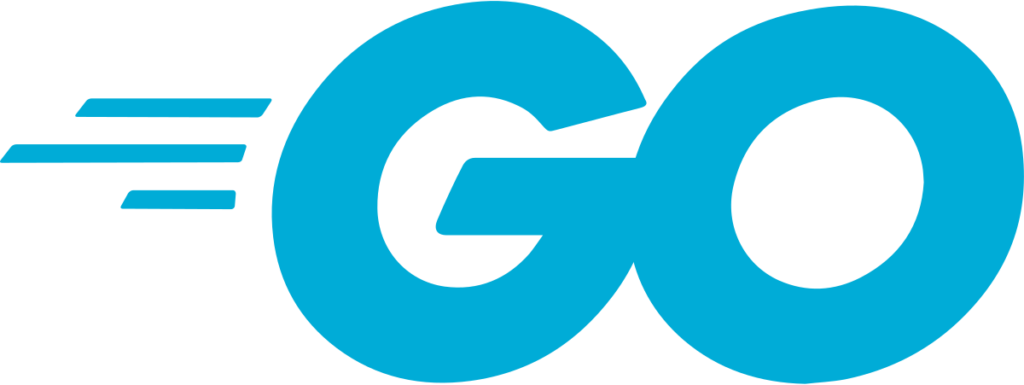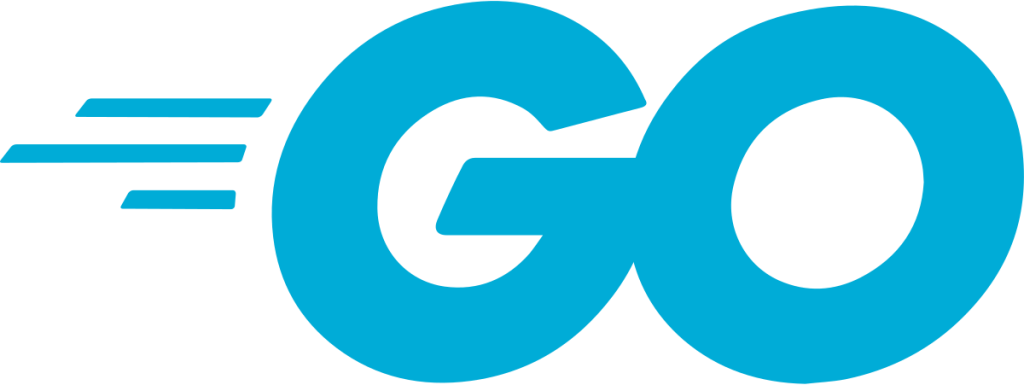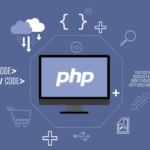Why Choose Go for API Development: An Expert’s Insight

Why Choose Go for API Development?
As an expert in programming languages like Go, .NET, PHP, Ruby on Rails, and Java, I often get asked which language is the best choice for API development. While each language has its strengths, Go, or Golang, has emerged as an ideal option for many scenarios. Here’s why:
Advantages of Go for API Development
1. Simplicity and Efficiency:
Go’s syntax is simple and clean, allowing for quick learning and development. Its efficiency in handling concurrency makes it a powerful tool for building responsive and scalable APIs.
2. High Performance:
Being a compiled language, Go offers performance advantages over interpreted languages like PHP or Ruby on Rails. This can lead to faster response times, which is particularly important for high-traffic applications.
3. Strong Concurrency Model:
Go’s concurrency model is one of its standout features. Goroutines and channels make concurrent programming more intuitive, enabling more efficient use of system resources. This is something that languages like Java and .NET may struggle with in certain contexts.
4. Cross-Platform Development:
Go supports cross-platform development, and the resulting binaries are self-contained, meaning that deployment is straightforward across various environments.
Scenarios Where Go is the Best Choice
1. Real-Time Applications:
Go’s concurrency model and high performance make it well-suited for real-time applications where low latency and scalability are critical.
2. Microservices Architecture:
For organizations embracing microservices, Go’s simplicity and efficiency in resource utilization can be a game-changer. It offers a lightweight yet powerful approach, often preferred over heavier frameworks like Java’s Spring or .NET Core.
3. Cloud-Native Development:
Go’s alignment with modern cloud-native principles, including containerization with tools like Docker, makes it an attractive option for cloud-based applications.
Conclusion
While languages like .NET, PHP, Ruby on Rails, and Java have their places in the development landscape, Go stands out for its simplicity, efficiency, and alignment with modern development practices. If performance, scalability, and modern architectural principles are key considerations for your API infrastructure, Go might be the perfect fit.
Of course, the choice of language should always be aligned with your specific requirements, team expertise, and project goals. But when it comes to API development, Go is a compelling option that’s worth serious consideration.


